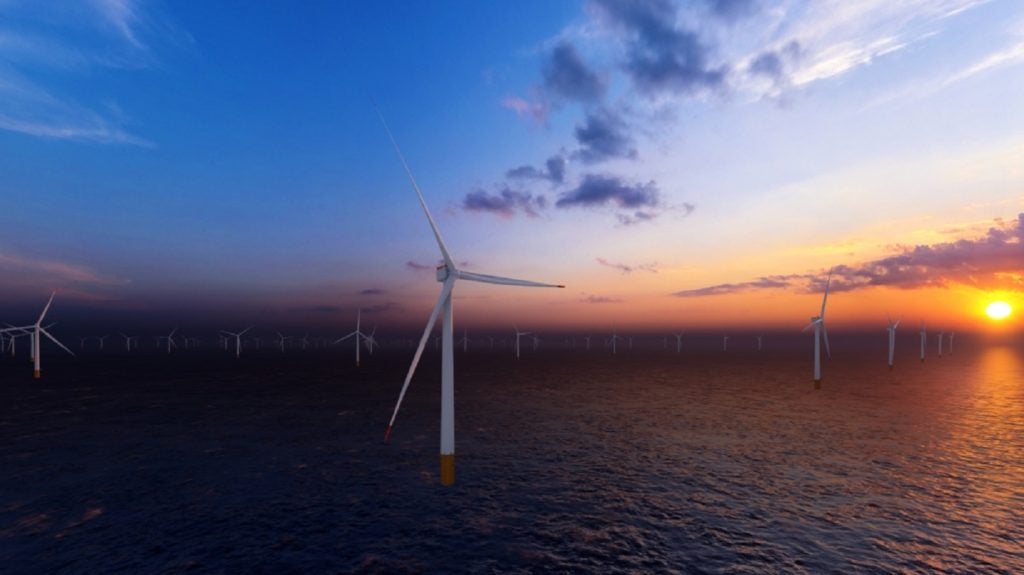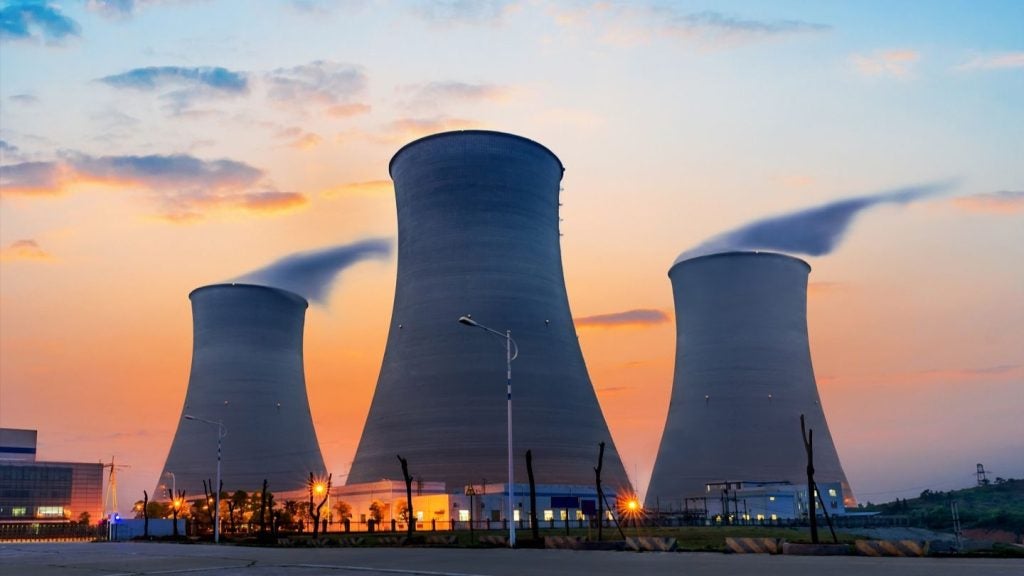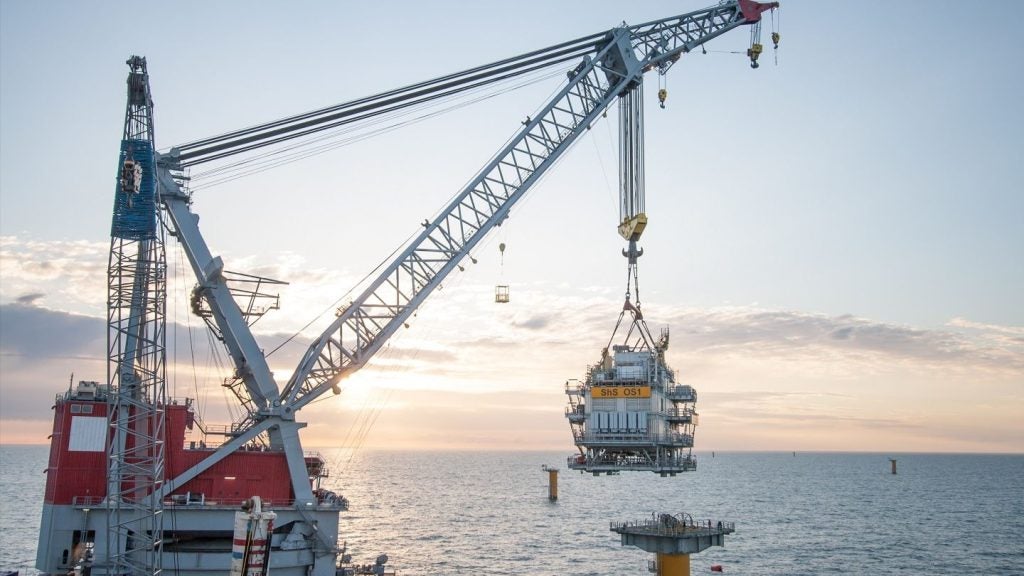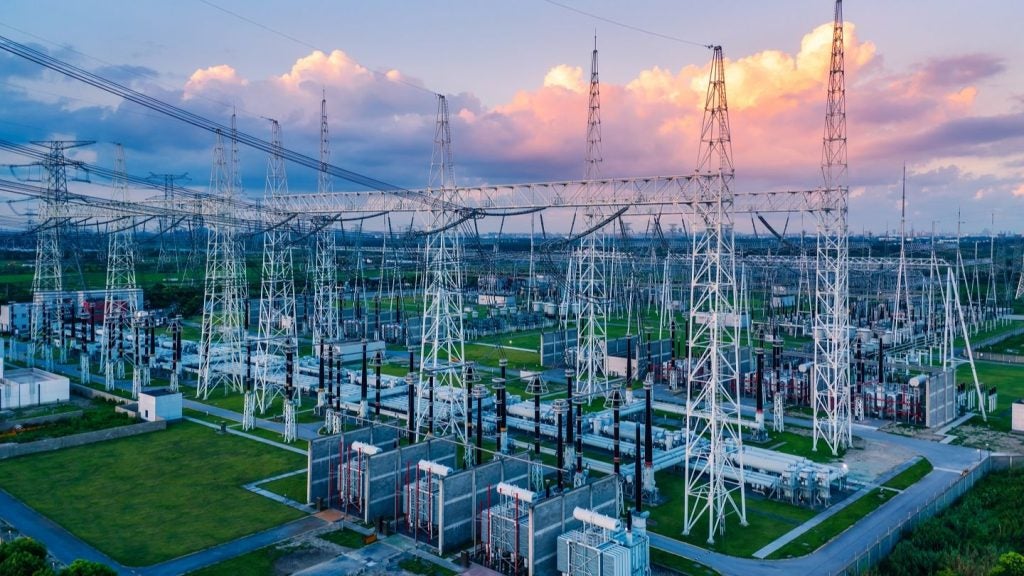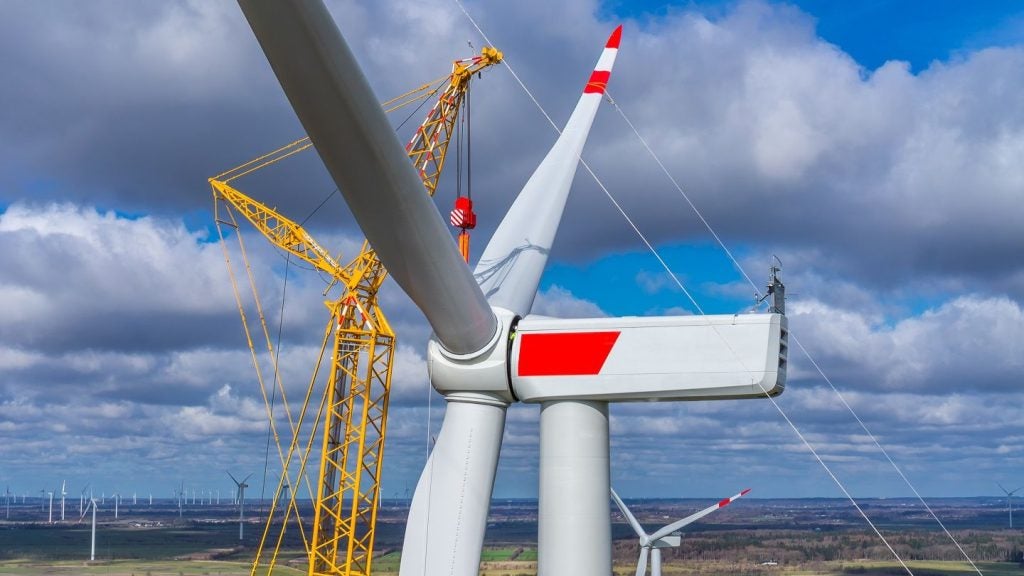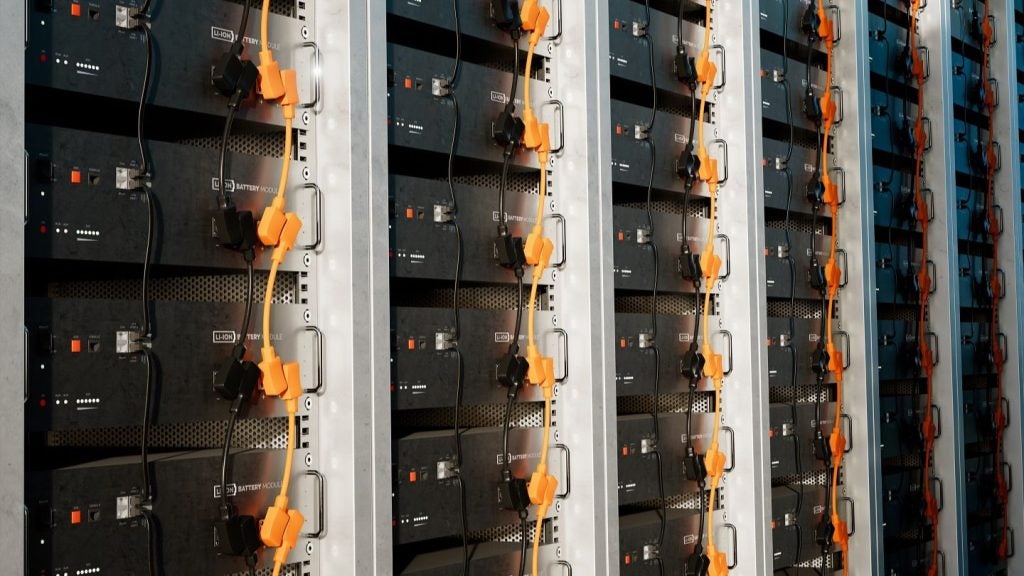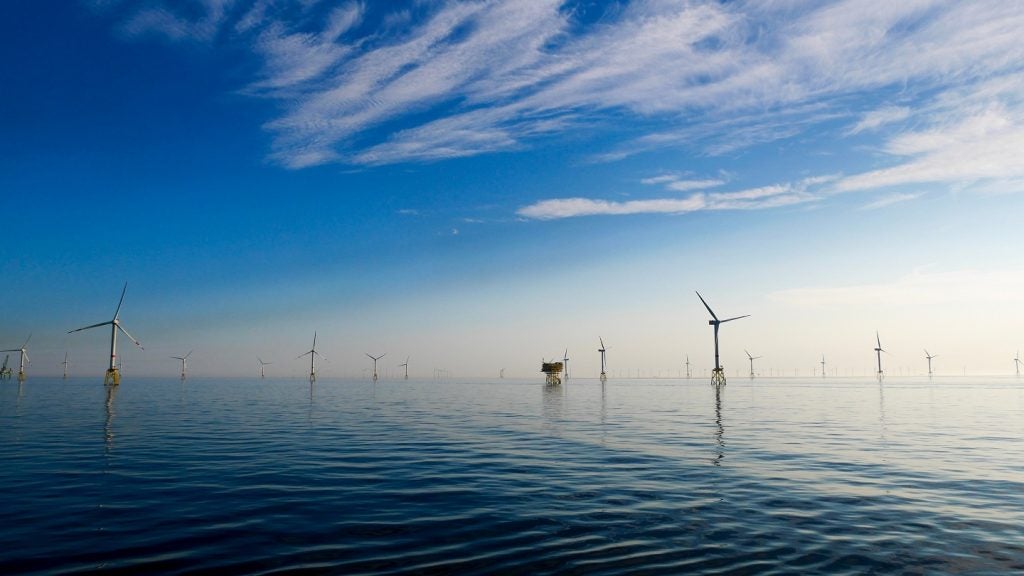The newly formed joint venture (JV) of Irish renewables developer DP Energy and Dutch oil and gas services provider SBM Offshore is set to build a floating wind farm off the coast of Nova Scotia, Canada.
With power generating capacity between 300MW and 400MW, the floating wind farm will be located 20 to 30km offshore the town of Goldboro.
The two companies formalised the JV, known as Nova East Wind, in July 2023.
The project team was originally established in 2021 and has collaborated with local stakeholders and other parties in the province since then, gaining insights into opportunities and hurdles.
Their primary focus has been identifying and adopting environmental, regulatory, supply chain, workforce and construction best practices as the project progresses.
DP Energy CEO Simon De Pietro stated: "Our local team has been actively engaging with communities and stakeholders in Nova Scotia since 2021 and these groups will continue to be at the core of this project going forward.”
The wind farm’s exact location will be decided after regulatory checks and further engagement with stakeholders including First Nations, governments, industry regulators, commercial fishers, local communities and environmental groups.
DP Energy and SBM Offshore claim that the project will be a stepping-stone and will support the decarbonisation of the local electricity grid.
Nova Scotia has set a target of generating 80% of its electricity needs from renewable sources by 2030.
SBM Offshore project development director Ambroise Wattez stated: “We are very pleased to announce Nova East Wind’s project off Goldboro today, bringing our contribution to the energy transition in Canada.
“We intend to do so with special attention to the local workforce, supply chain and communities to kickstart Nova Scotia’s floating offshore wind sector responsibly.”


